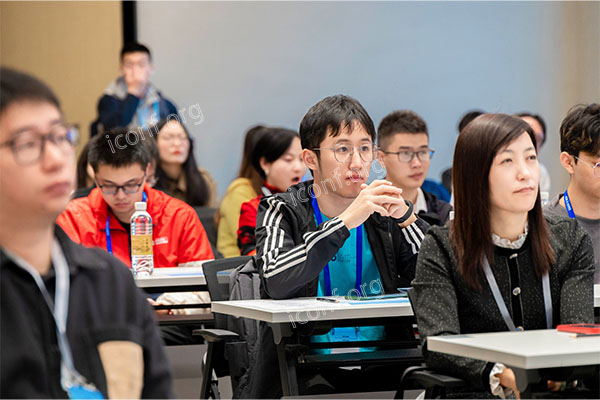Participating in an academic conference provides more than just the opportunity to listen to research presentations—it’s also a chance to actively engage with scholars through well-formed questions. Knowing how to ask questions properly can help you stand out, build academic relationships, and clarify complex topics. Here's how to make the most of the Q&A sessions.

Effective questioning starts with preparation. Review the conference schedule and research the speakers in advance. Familiarize yourself with their previous work so that you can formulate relevant and specific questions.
Tip: Write down potential questions before the session begins. This helps reduce hesitation and ensures your question aligns with the topic presented.
When it’s time to ask your question, keep it short and direct. Avoid long commentary or personal opinions. A well-structured question should begin with a brief context (if necessary), followed by a specific inquiry.
Example:
“In your study on machine learning models for medical diagnosis, how did you address potential data bias during training?”
Respect the speaker’s time and perspective. Avoid confrontational language and focus on curiosity and constructive dialogue. Even if you disagree with the speaker’s conclusions, frame your question in a neutral tone.
Questions that invite elaboration can lead to deeper discussions and more insightful responses. Instead of yes/no questions, use “how,” “why,” or “what” to encourage a more thorough answer.
If the speaker’s answer sparks further interest, consider connecting after the session. You can introduce yourself and continue the conversation during breaks or networking times.
Asking meaningful questions is a skill that enhances both your learning and your academic visibility. Whether you're a student or a seasoned researcher, becoming an active participant can open doors to new opportunities and collaborations.
To find high-quality academic conferences where your participation matters, visit iconf.org — a reliable platform for discovering upcoming scholarly events across various fields.